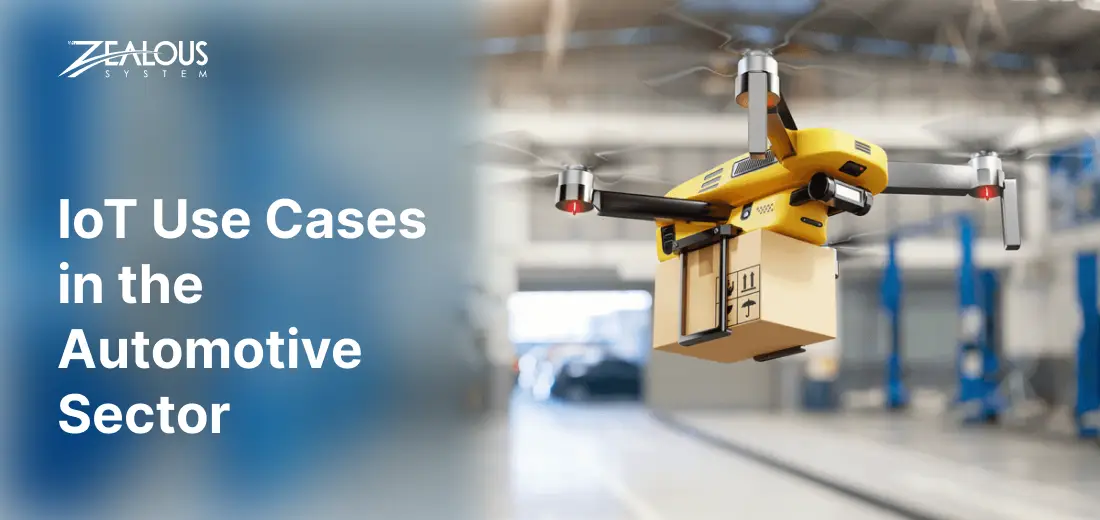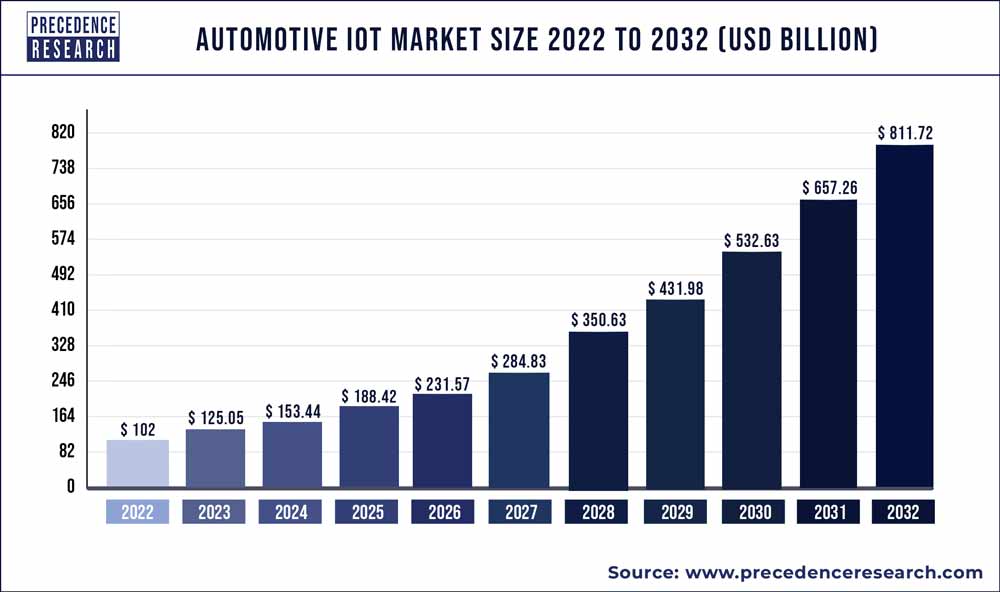
- Company
- Services
- UI/UX Design Services
- Microsoft Dynamics 365
- Mobile App Development
- AI Software Development
- Web App Development
- Generative AI Development
- Digital Product Development
- Enterprise Mobility
- SaaS Application Development
- Application Integration
- White-label WP Maintenance
- ERP Software Solutions
- Software Testing
- Offshore Development Center
- Let’s Connect
- Trending
- Technology
- Industry
- Build Your Team
- Our Work
- Company
- Services
- UI/UX Design Services
- Microsoft Dynamics 365
- Mobile App Development
- AI Software Development
- Web App Development
- Generative AI Development
- Digital Product Development
- Enterprise Mobility
- SaaS Application Development
- Application Integration
- White-label WP Maintenance
- ERP Software Solutions
- Software Testing
- Offshore Development Center
- Let’s Connect
- Trending
- Technology
- Industry
- Build Your Team
- Our Work
We use cookies and similar technologies that are necessary to operate the website. Additional cookies are used to perform analysis of website usage. please read our Privacy Policy
10 IoT Use Cases in The Automotive Industry

The automotive industry is undergoing a profound transformation with the advent of the Internet of Things (IoT). IoT has revolutionized the way vehicles are designed, manufactured, and used, leading to enhanced safety, efficiency, and overall driving experience. The IoT use cases in the automotive industry is driving innovation and creating a new paradigm for both manufacturers and consumers.
The use of the Internet of Things (IoT) has revolutionized various industries, and the automotive sector is no exception. IoT in the automotive industry has brought about significant advancements, transforming the way vehicles are manufactured, operated, and maintained. With a wide range of applications, IoT has enabled enhanced safety, efficiency, and connectivity in the automotive industry.
In this blog, we’ll take you on a ride through 10 exciting use cases of IoT in the automotive industry, exploring how it’s driving innovation and transforming the way we interact with our vehicles.
IoT In Automotive Industry Statistics
The global automotive IoT market size was valued at USD 102 billion in 2022 and is projected to surpass around USD 811.72 billion by 2032. The global automotive IoT market is expected to grow at a compound annual growth rate (CAGR) of 23.10 during the forecast period 2023 to 2032.
Major manufacturers of automobiles are concentrating on manufacturing vehicles that make use of software’s. In order to obtain real time information which is extremely useful for the drivers there shall be an increase in the use of automotive IoT.
10 Use Cases of IoT in the Automotive Industry
Here are ten automotive IoT use cases examples that stand out:
1. Connected Vehicles
Connected vehicles are a prime example of the application of IoT in the automotive industry. IoT sensors and communication networks enable cars to exchange data with other vehicles and infrastructure.
This technology allows for real-time traffic updates, predictive maintenance, and remote diagnostics. Additionally, connected vehicles can transmit information about road conditions and accidents to help improve overall road safety.
2. Vehicle Telematics
The application of IoT in the automotive industry has revolutionized vehicle telematics. IoT devices are integrated into vehicles, allowing real-time data collection and transmission. These devices monitor critical vehicle parameters, such as engine performance, location, and driver behavior. This data is invaluable for improving vehicle safety, optimizing maintenance schedules, and enhancing the overall driving experience.
With real-time data at their disposal, manufacturers and service providers can swiftly address issues, ensuring that drivers have a reliable and secure driving experience. Additionally, insurers can offer personalized policies based on driver behavior, leading to safer roads and lower insurance premiums.
3. Fleet Management
IoT-based fleet management systems, developed by fleet management software development companies, offer a comprehensive solution for businesses that rely on vehicle fleets. These systems provide real-time tracking, predictive maintenance, and driver behavior analysis, making them an essential tool in the automotive industry’s IoT use cases
These systems help companies reduce operational costs, improve fuel efficiency, and enhance the safety of their drivers and assets. By efficiently tracking and monitoring their fleets, companies can optimize routes, reduce fuel consumption, and improve on-time delivery rates. Furthermore, driver behavior analysis enables businesses to promote safe driving habits, reducing the risk of accidents and associated costs.
Fleet management software development companies play a pivotal role in creating and customizing these IoT-based solutions, catering to the specific needs and requirements of businesses that rely on vehicle fleets. Their expertise in developing and maintaining such software is crucial in ensuring the efficiency and success of fleet management systems.
4. Predictive Maintenance
IoT sensors installed in vehicles can continuously monitor the condition of critical components, such as the engine, transmission, and brakes. By analyzing this data, automotive manufacturers and service providers can predict when maintenance is needed, reducing downtime and costly repairs.
Predictive maintenance not only reduces vehicle downtime but also prevents catastrophic failures, saving both manufacturers and consumers from expensive repair bills. This proactive approach to maintenance ensures that vehicles remain in peak condition, enhancing their reliability and resale value.
5. Vehicle-to-Everything (V2X) Communication
V2X communication, a subset of IoT, enables vehicles to communicate with each other and with infrastructure. This technology is crucial for improving road safety by allowing vehicles to share information about road conditions, traffic, and potential hazards in real time.
V2X communication fosters a cooperative and safer driving environment. Vehicles can share real-time data about road conditions and traffic, allowing drivers to make informed decisions, while also enabling autonomous vehicles to navigate complex traffic situations.
6. Supply Chain Optimization
IoT can be used to enhance the automotive supply chain. Sensors in parts and components track their location and condition, helping manufacturers optimize inventory management, reduce lead times, and ensure timely delivery of components.
The real-time tracking of components ensures that supply chains are lean and efficient, reducing warehousing costs and improving production schedules. Manufacturers can also quickly identify and address issues, preventing production delays and improving the overall efficiency of the supply chain.
7. Quality Control – IoT Use Cases in the Automotive Industry
IoT devices are utilized to monitor and control the quality of automotive manufacturing processes. These devices can detect defects or anomalies in real time, preventing defective vehicles from reaching the market and ensuring high product quality.
Real-time quality control not only reduces the likelihood of defective vehicles reaching customers but also streamlines the manufacturing process, reducing waste and production costs. It fosters a culture of continuous improvement by providing actionable data for process optimization.
8. Enhanced Customer Experience
IoT plays a significant role in personalizing the customer experience in the automotive industry by collecting data on driving habits, preferences, and infotainment choices. This data is used to tailor in-car services, making the driving experience more enjoyable and convenient, and this is one of the remarkable IoT use cases in the automotive industry.
Personalized in-car services create a unique and comfortable driving experience, from customized entertainment to adaptive climate control, ensuring that drivers and passengers feel at home in their vehicles.
9. Environmental Sustainability
IoT sensors and data analytics can help reduce the environmental footprint of the automotive industry. By monitoring emissions, fuel efficiency, and energy consumption, manufacturers can develop more eco-friendly vehicles and reduce their carbon footprint. The ability to track emissions and fuel efficiency empowers manufacturers to create vehicles that are not only more eco-friendly but also more cost-effective to operate. Reduced energy consumption and emissions benefit the environment and the economy.
10. Safety and Security – IoT Use Cases in the Automotive Industry
IoT-based security systems provide real-time tracking and monitoring of vehicles, helping to prevent theft and improve recovery rates. Moreover, advanced safety features such as collision detection and automated emergency response systems rely on IoT to enhance driver and passenger safety.
IoT-based security systems not only act as a deterrent to theft but also assist law enforcement in quickly locating stolen vehicles. Additionally, advanced safety features, such as collision detection, are lifesaving technologies that reduce the severity of accidents and save lives.
Conclusion
The application of IoT in the automotive industry is transforming the way vehicles are designed, manufactured, and operated. These 10 use cases represent just a fraction of the possibilities that IoT offers to the automotive sector. As technology continues to advance, we can expect even more innovative solutions to emerge, further enhancing safety, efficiency, and the overall driving experience. The automotive industry’s integration of IoT is a testament to its commitment to harnessing technology for a brighter, smarter future.
In conclusion, the adoption of IoT in the automotive industry is not just a trend but a necessity to stay competitive and meet the evolving demands of both manufacturers and consumers. Collaborations with software development companies and IoT application development companies will continue to drive this transformation, ensuring that the automotive industry remains at the forefront of technological advancements.
We are here
Our team is always eager to know what you are looking for. Drop them a Hi!
Pranjal Mehta
Pranjal Mehta is the Managing Director of Zealous System, a leading software solutions provider. Having 10+ years of experience and clientele across the globe, he is always curious to stay ahead in the market by inculcating latest technologies and trends in Zealous.
Table of Contents
×


Comments